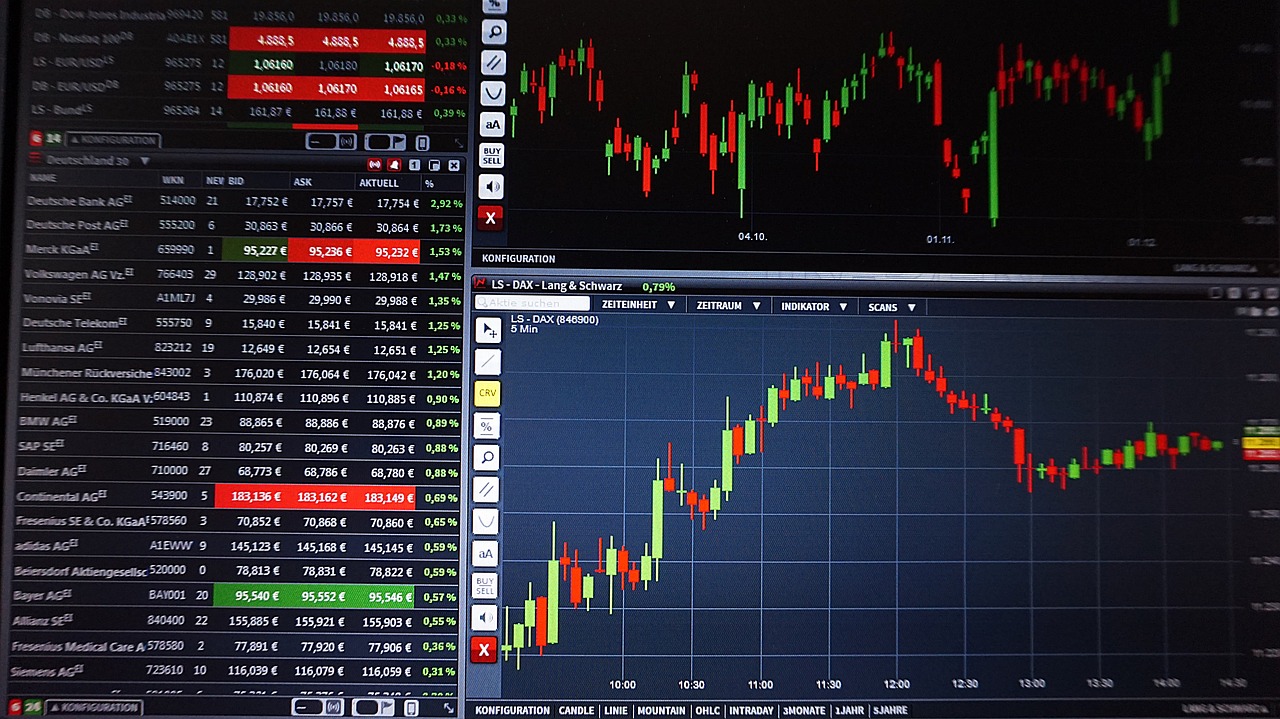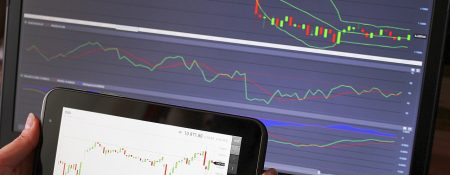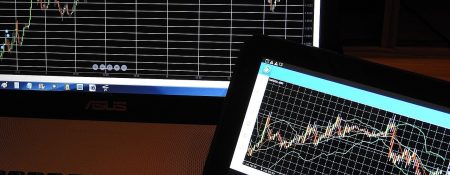
The foreign exchange (forex) market is constantly evolving along with global economic conditions. Successful forex traders adapt their trading strategies and risk management to account for major macroeconomic shifts happening around the world. Knowing how to tweak your approach can lead to better trading outcomes even during volatile markets.
The forex market goes through periods of expansion and contraction along with the global economy. When the economy is strong, forex volatility tends to be lower as currency values remain relatively steady. During weaker economic periods, volatility increases as currency values fluctuate more widely.
What is forex trading? At its core, forex trading involves speculating on the value of currencies against each other. Traders aim to profit from changes in currency pairs such as EUR/USD and USD/JPY. The forex market is decentralized with trading occurring 24 hours a day.
Traders need to understand these market cycles and position themselves to profit during different environments. For example, range trading strategies work better during periods of low volatility. Using wide stops and not being overleveraged also helps weather larger swings.
Paying attention to macroeconomic factors provides clues on where forex markets are headed next. Monitoring leading indicators like manufacturing indexes and GDP growth gives insight into economic momentum.
Central bank policies are another major driver of currency prices. When a central bank raises interest rates, its currency typically appreciates as investors chase higher yields. Keeping up with central bank rate decisions and forward guidance is crucial when trading currencies.
Global events like elections, natural disasters, and political turmoil can also trigger currency volatility. These risks need to be tracked as they have potential to shake up the markets. Staying aware of developing issues allows traders to be proactive.
With an understanding of the market cycle and macroeconomic forces, traders can adapt their strategies accordingly. Here are some ways to adjust your trading plan:
A flexible trading approach optimizes returns across changing market environments. What works during low volatility may underperform when swings widen. Traders need the discipline to avoid forcing strategies that aren’t a good fit.
Regardless of economic conditions, effective risk management is vital for trading success. The keys to risk management include always using stop losses, maintaining proper position sizing, and limiting leverage.
Set stop losses on every trade to contain losses. Risk no more than 1-2% of capital per trade. Keep overall leverage under 5X capital. This ensures you have funds left to trade another day even after hits to the account.
Trading within your means and limiting downside gives you staying power to ride out any storm. With risk under control, you can focus on adapting strategies to changing macroeconomic dynamics.
The combination of adjusting trading plans to the market cycle while maintaining sound risk management is crucial for forex trading success. This adaptive approach enables you to get the best results regardless of what the global economy throws your way next. With the right strategies and perspective, you can thrive trading forex through all types of market conditions.



